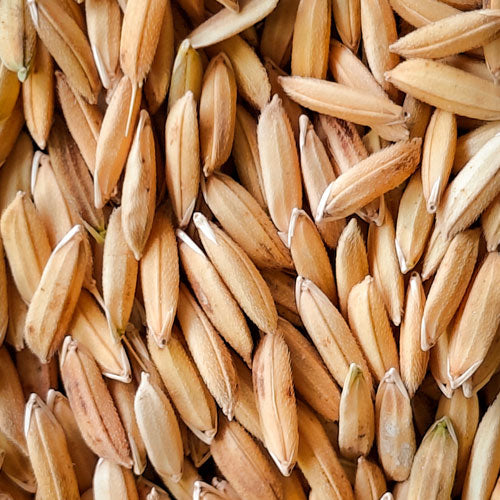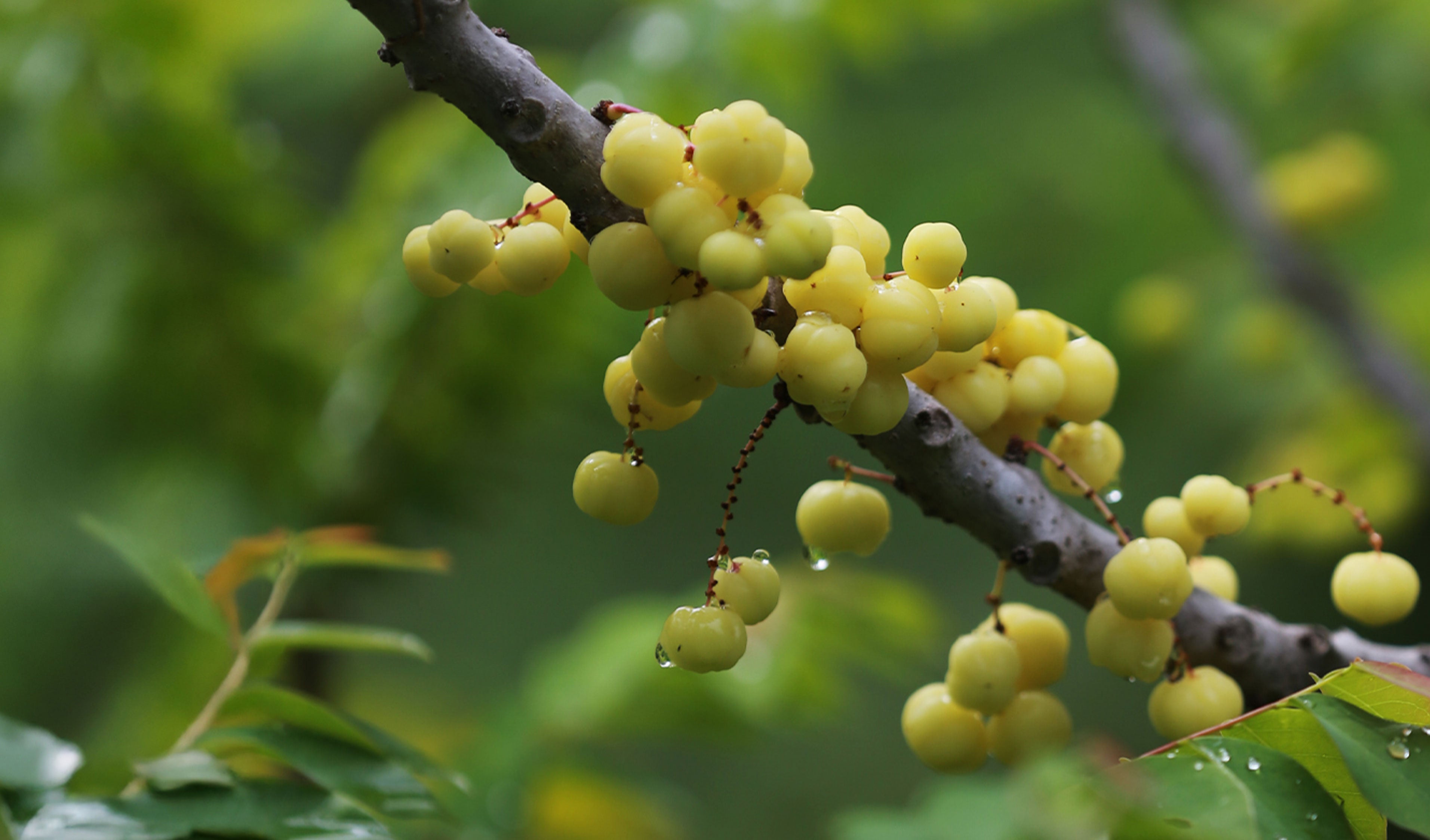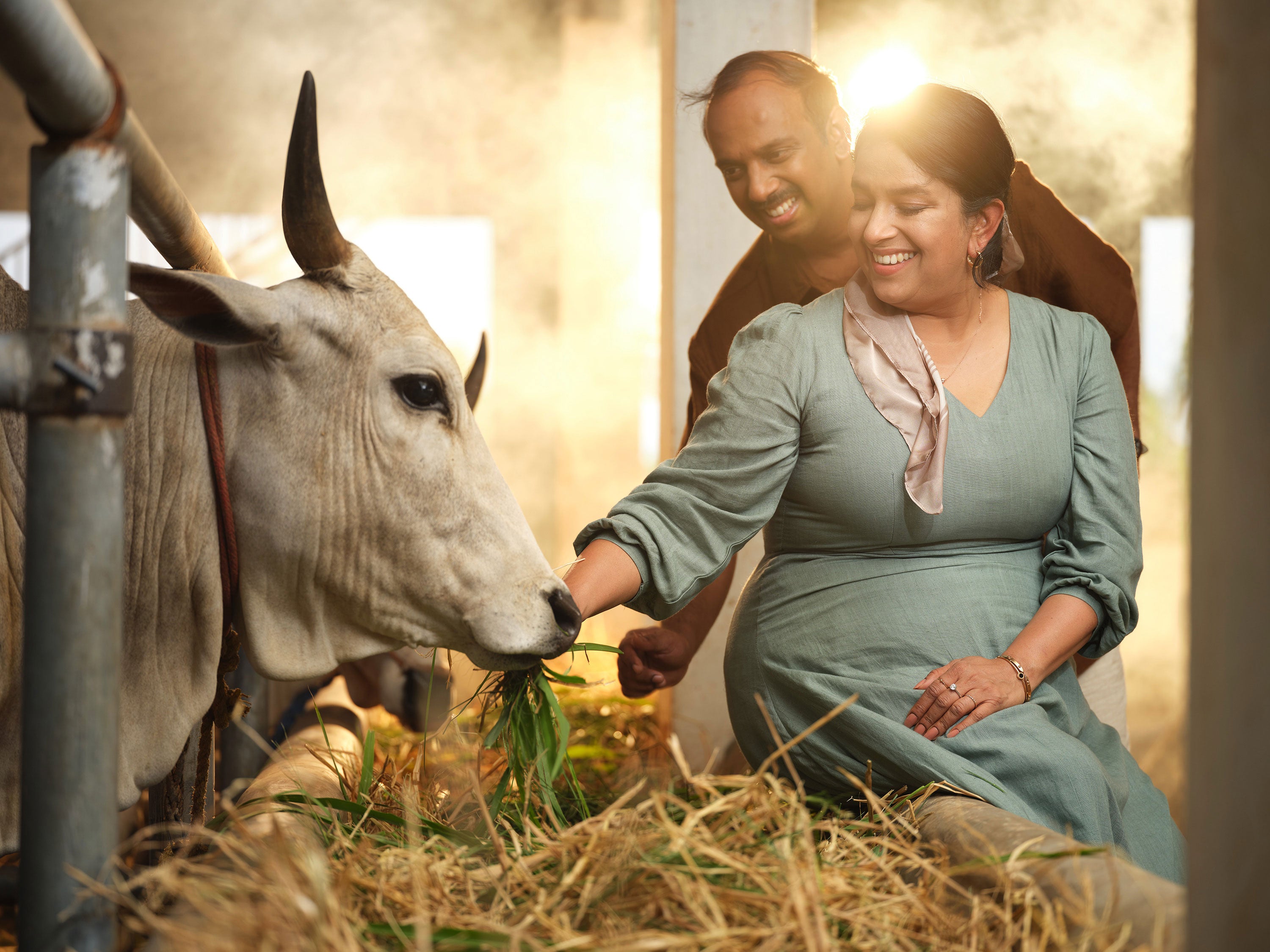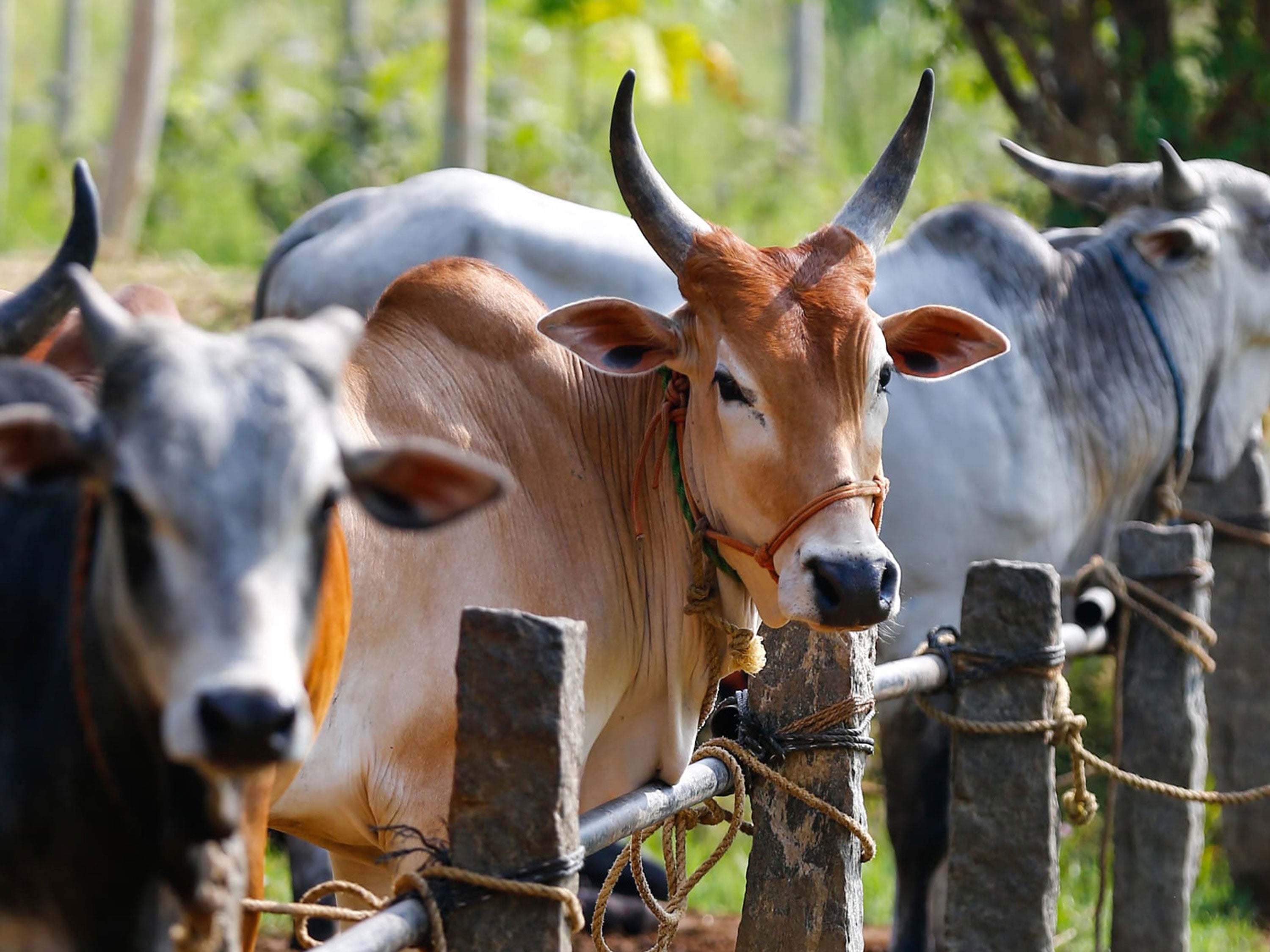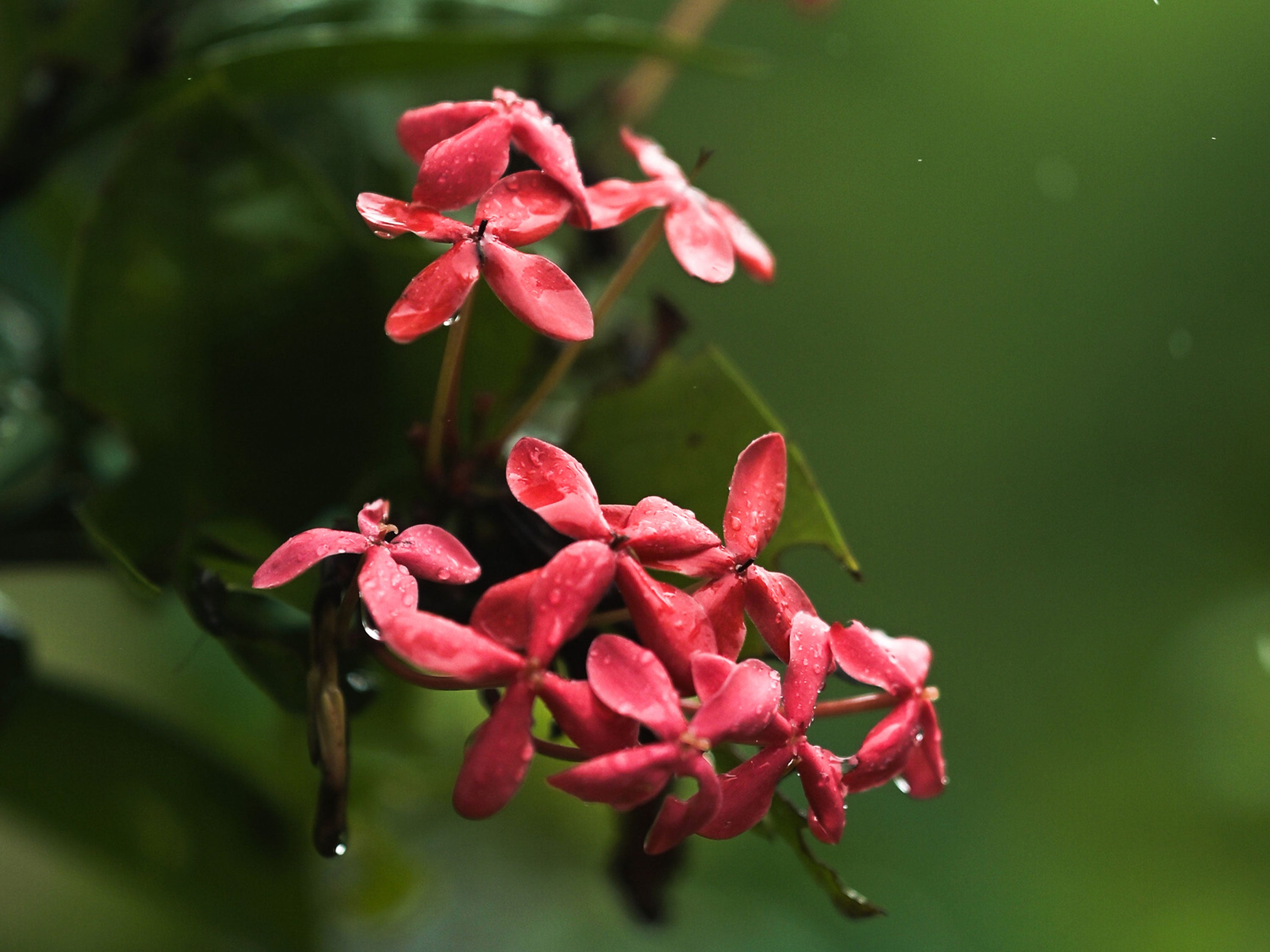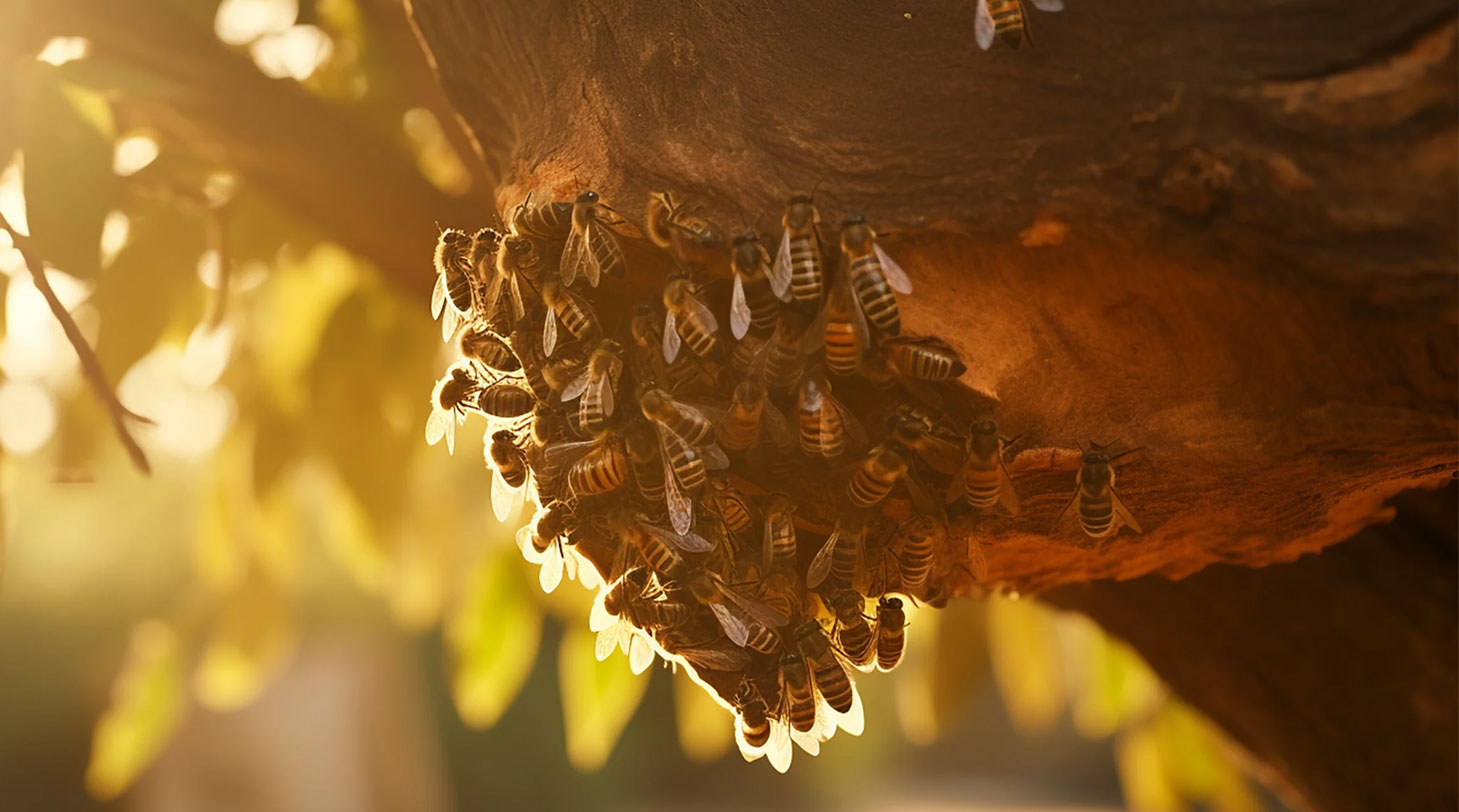Traditional practices
that shape Athachi Farms
Modern Farming practices
at Athachi Farms

Aquaponics
Aquaponics at the farm blends the best of both worlds—aquaculture and hydroponics—into a sustainable, closed-loop system. Fishes flourish in water, while their waste naturally fertilizes the plants, which in turn filter and purify the water for the fish. This harmonious cycle creates a resource-efficient environment, minimizing waste and maximizing productivity. It’s nature’s balance, perfected for modern farming.
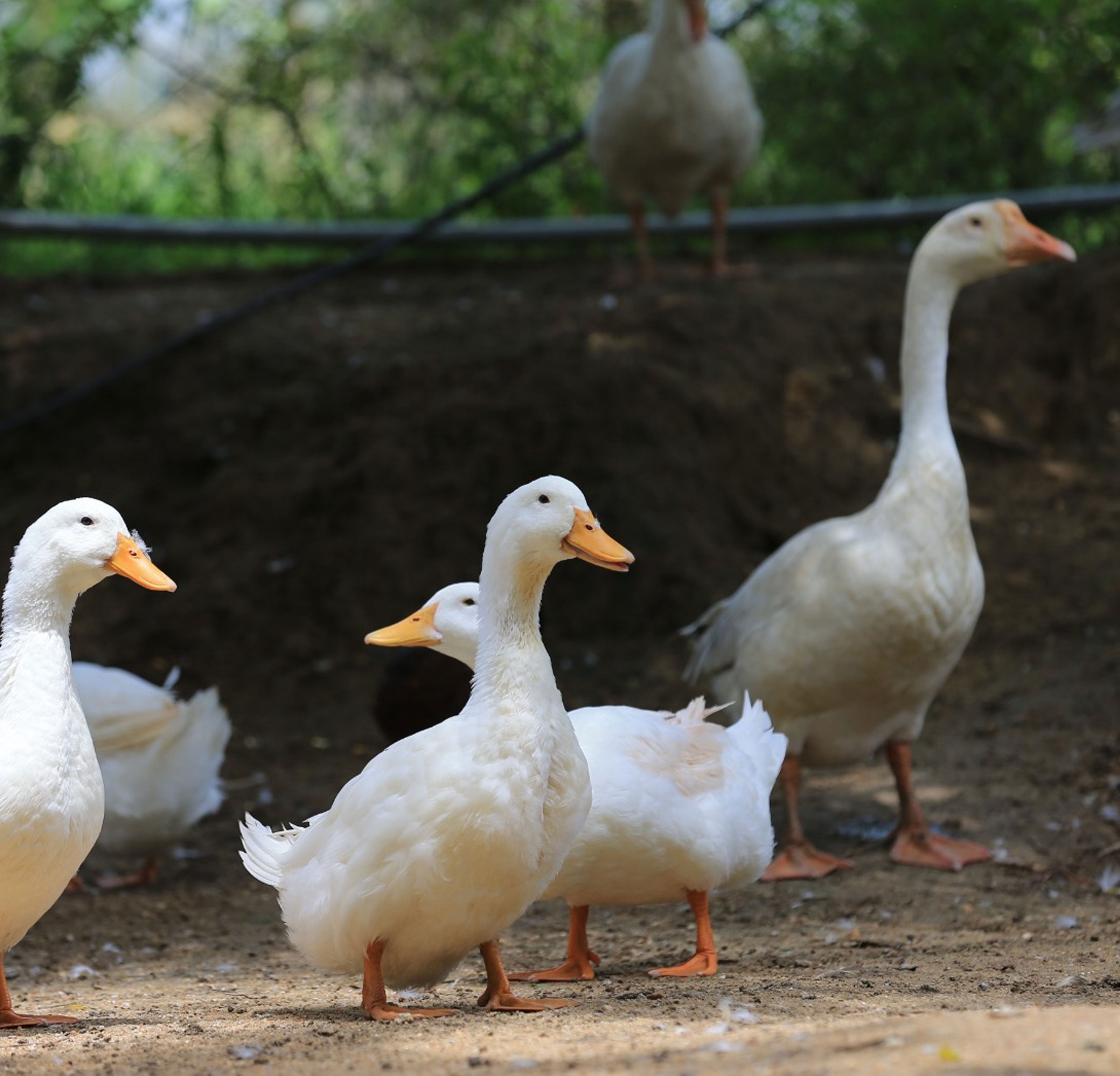
Sustainable Poultry Farming
This farming method integrates chickens into the ecosystem in a practical and efficient way. As they forage, the chickens naturally fertilize the soil, adding nutrients that benefit plant growth. This organic process reduces the reliance on synthetic fertilizers. The chickens also help manage pests, further promoting the farm’s self-sustaining system by creating a balanced, naturally maintained ecosystem.
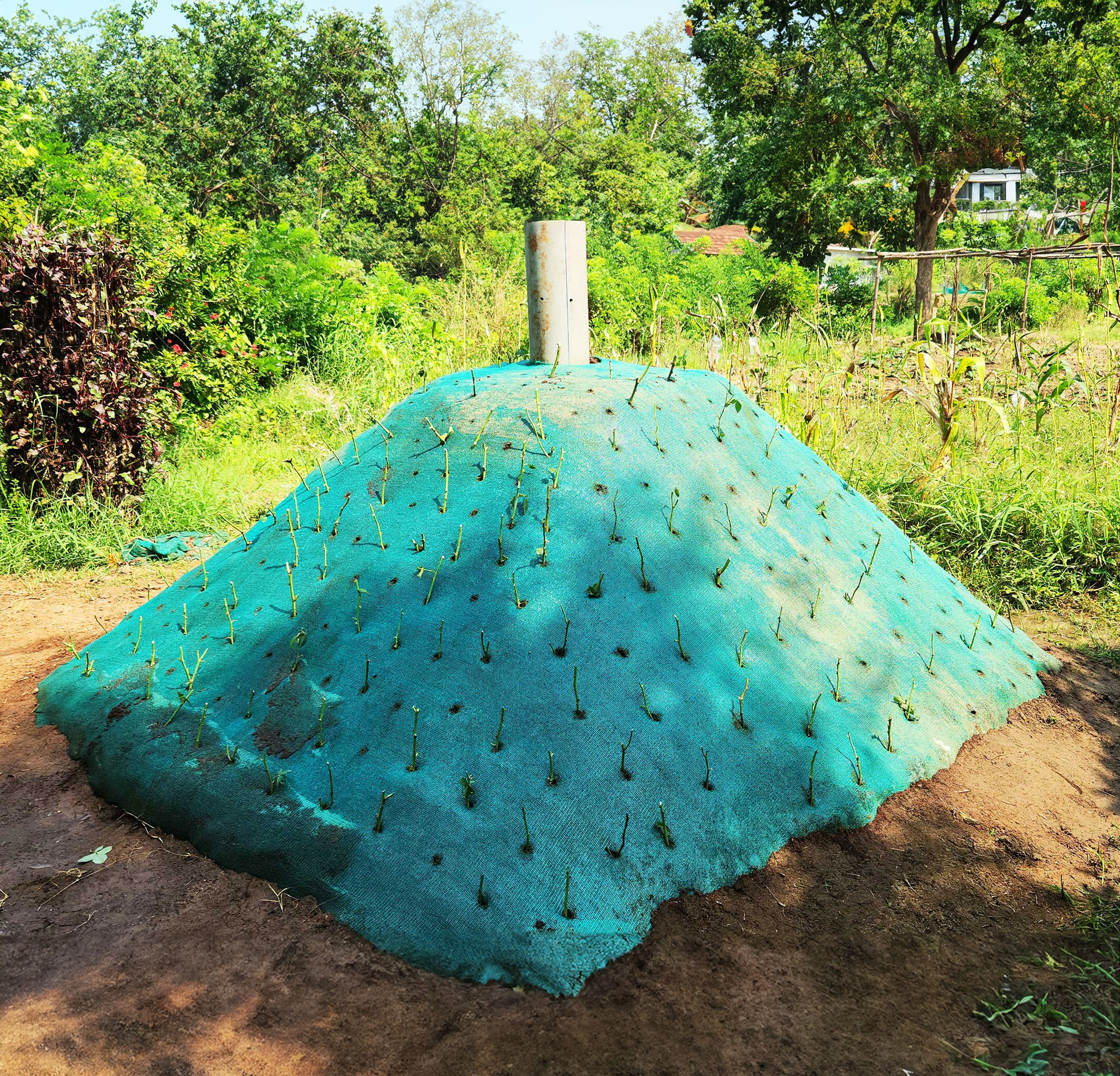
Pyramid Farming
Athachi Farms has embraced pyramid farming, an innovative design that makes the most of sunlight and water. By growing crops in pyramid-shaped beds, each plant receives maximum sunlight while utilizing less water. This natural approach yields stronger, healthier crops.
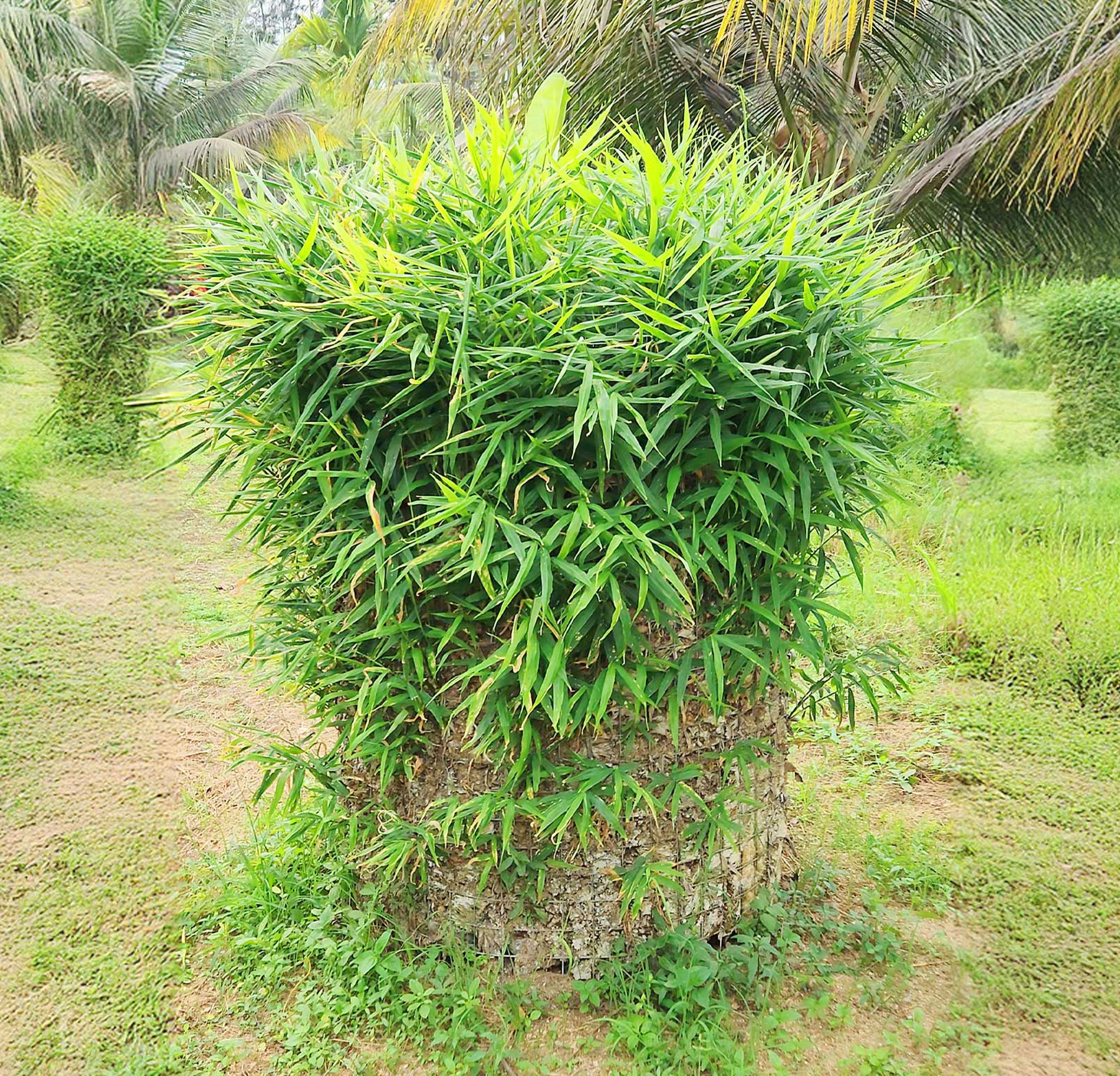
Tower & Vertical Farming
Tower and vertical farming techniques maximize space and conserve resources by growing crops upwards instead of outwards. This efficient use of vertical space increases plant density, delivering higher yields while saving land and water. It’s a smart, sustainable approach that ensures more crops in less space, optimizing every inch of the farm.
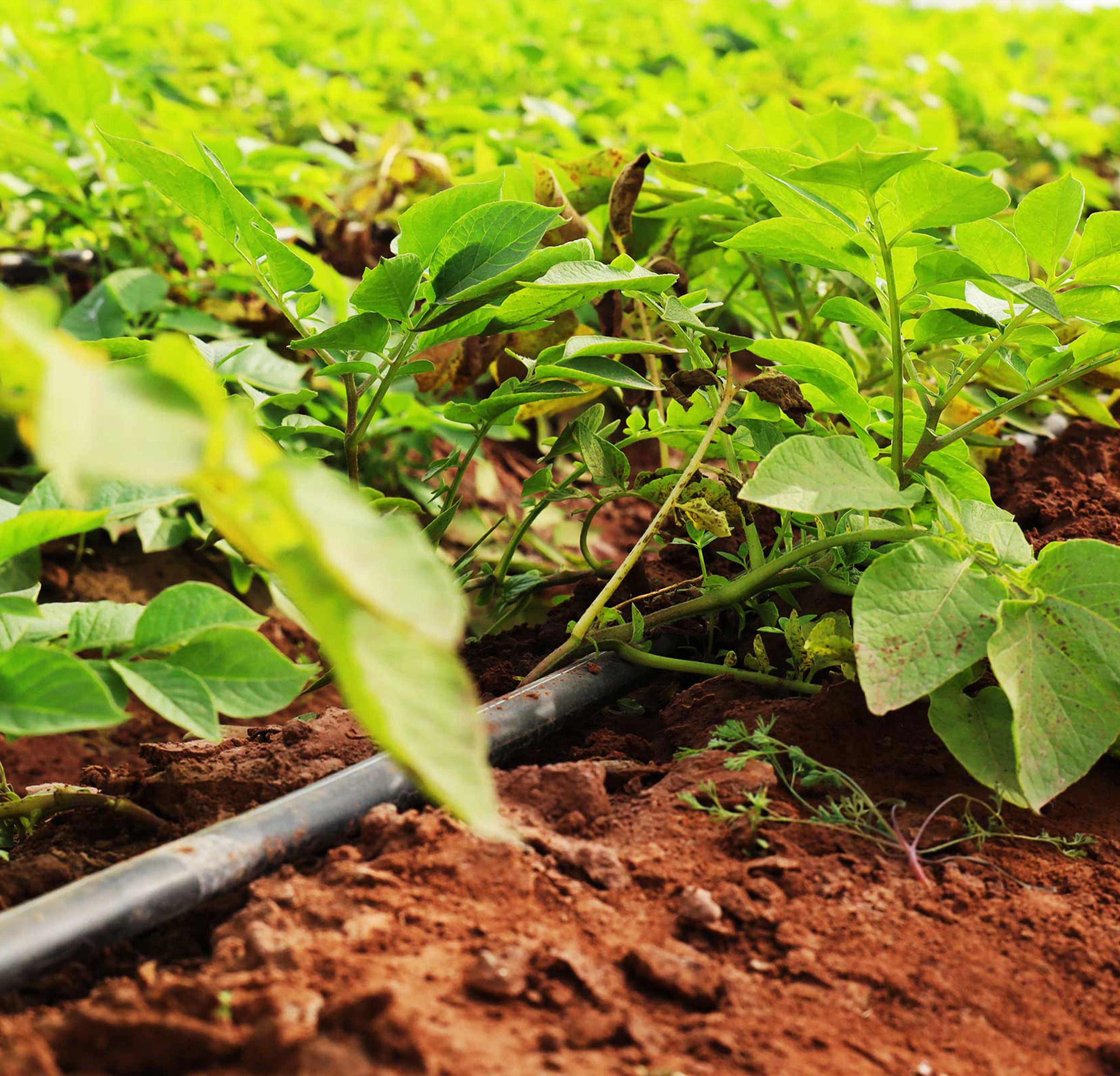
Micro-Drip Irrigation
This method optimizes water usage and supports plant health by precisely delivering water directly to the roots, ensuring each plant gets the exact hydration it requires, without excess or waste, leading to healthier crops and more sustainable water practices.
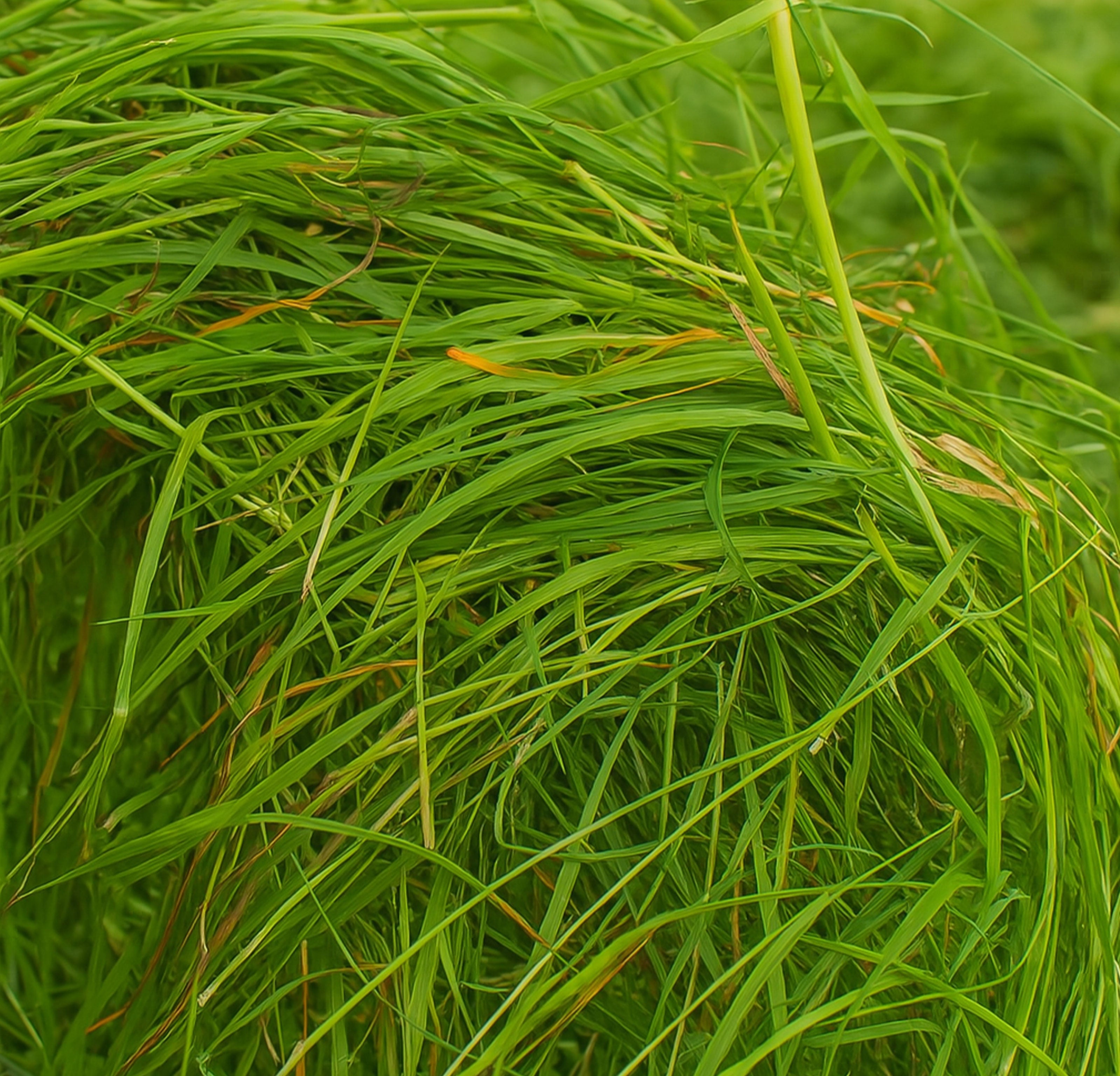
Silage Farming
Healthy, thriving livestock lie at the heart of this integrated system, playing a crucial role in the farm's long-term sustainability. Silage farming provides cows with nutrient-rich, fermented fodder that not only boosts milk quality but also improves fiber absorption. This natural feed supports the cows' overall well-being, ensuring they remain strong and healthy. In turn, they contribute to the farm's holistic approach, helping create a balanced, self-sustaining ecosystem.

Azolla Cultivation
Azolla, a fast-growing aquatic fern, thrives in the farm's water bodies, offering a range of benefits. By creating a natural canopy over the water’s surface, it reduces evaporation and helps conserve moisture for the crops. Azolla also doubles as a nutritious fodder for cattle, boosting their health and diet. As it decomposes, it enriches the soil with vital nutrients, fostering a sustainable, thriving ecosystem.
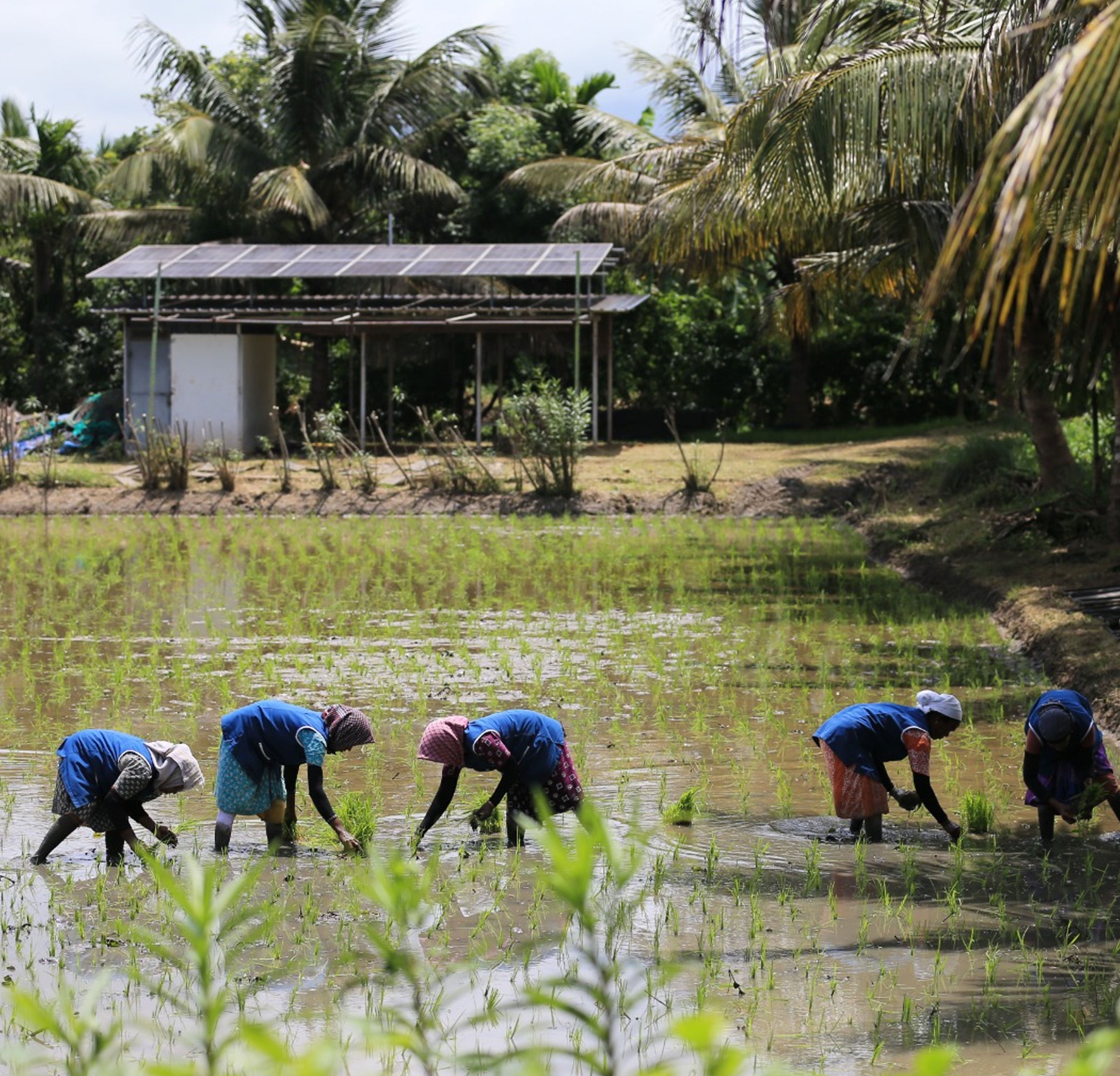
Solar Energy Farming
Solar power fuels key systems across the farm, from re-pumping water for irrigation to powering borewells. This shift to renewable energy reduces reliance on conventional sources, cutting the farm’s carbon footprint.
Innovative Farming practices at Athachi Farms
Green manuring is a sustainable agricultural practice that involves growing specific crops—such as Sesbania—and then ploughing them back into the soil to improve its fertility and structure. These fast-growing, nitrogen-fixing plants enrich the soil by adding organic matter and increasing nitrogen content, a critical nutrient for plant growth. In particular, Sesbania decomposes rapidly, releasing nutrients that are easily taken up by subsequent crops. This practice reduces the need for synthetic fertilizers, enhances soil microbial activity, improves moisture retention, and prevents erosion. At Athachi Farms, green manuring is especially valuable in rice cultivation, where the enriched soil promotes healthier, more robust yields in a sustainable manner.
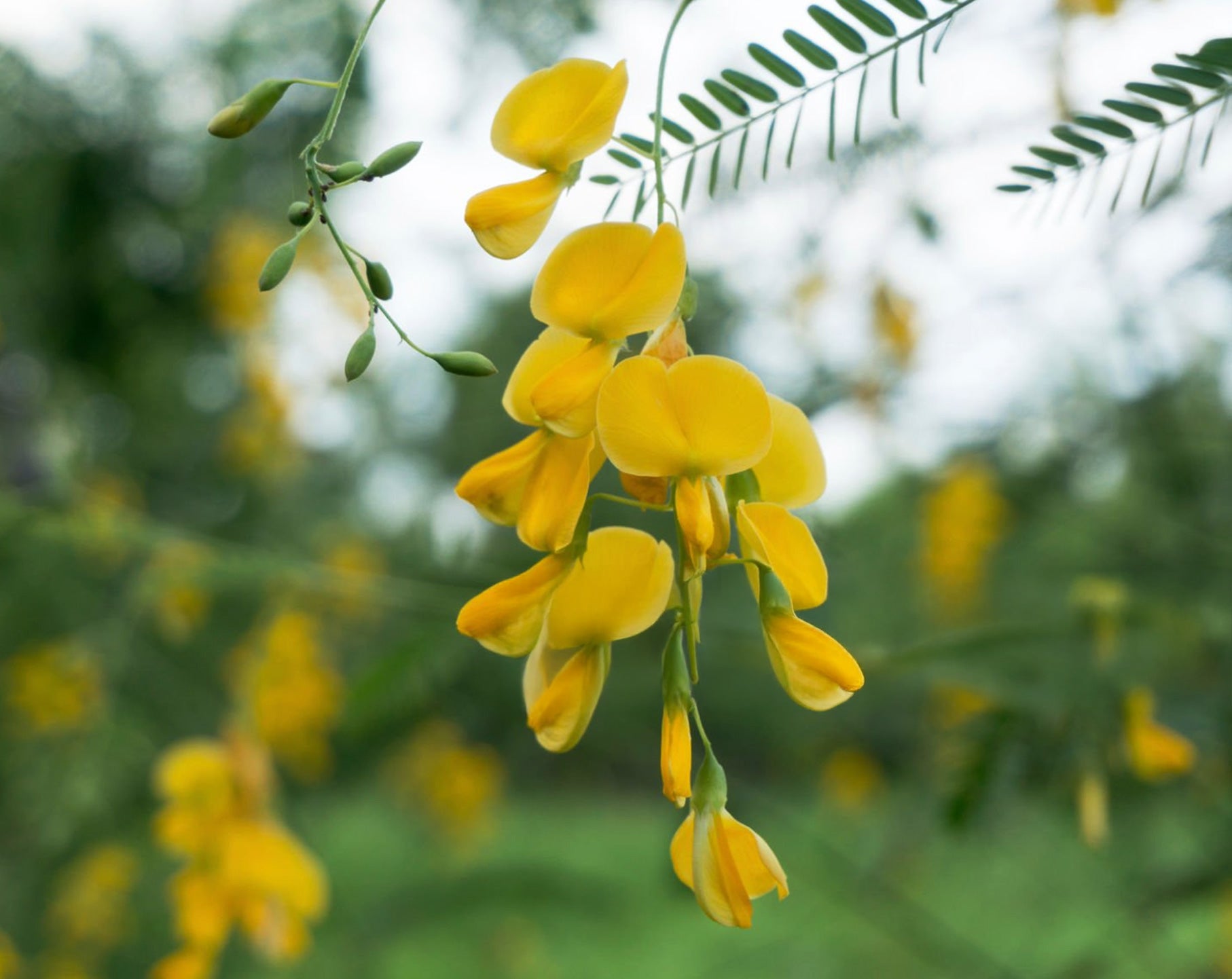
Agroecology at Athachi Farms reflects a commitment to cultivating agricultural biodiversity and ecological balance. With over 95 varieties of herbs and medicinal plants, the farm becomes a living mosaic of species that support each other and the surrounding ecosystem. These plants are chosen not only for their traditional health benefits but also for their role in creating natural habitats for beneficial insects, aiding in pest control, and maintaining soil health through diverse root systems.
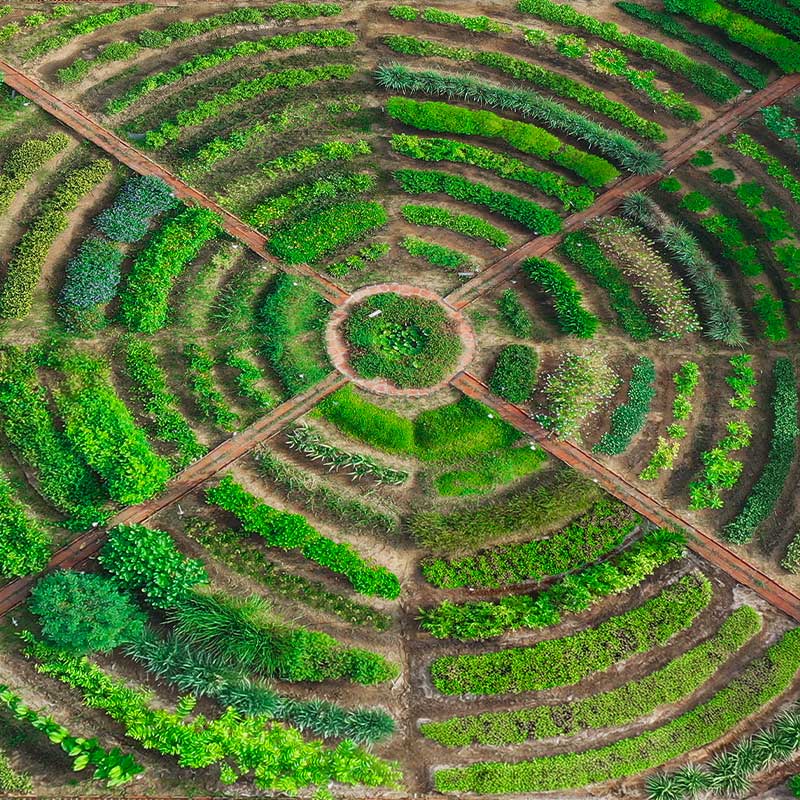
Organic farming at Athachi Farms centers on using natural, traditional formulations to nourish crops and manage pests without synthetic chemicals. Inputs such as Panchagavyam (a preparation of five cow-derived products), Jeevamritham (a microbial-rich bio-enhancer), Agnihastra (a plant-based pest deterrent), and fish amino acids supply essential nutrients, strengthen plant immunity, and deter pests naturally. These preparations support healthy soil microbiology and plant health while reducing dependency on industrial inputs that can harm the environment. This approach aligns with the farm’s commitment to regenerative agriculture, creating a closed-loop system where natural resources are recycled, soil fertility is maintained, and the farming ecosystem remains healthy and self-sustaining over time.
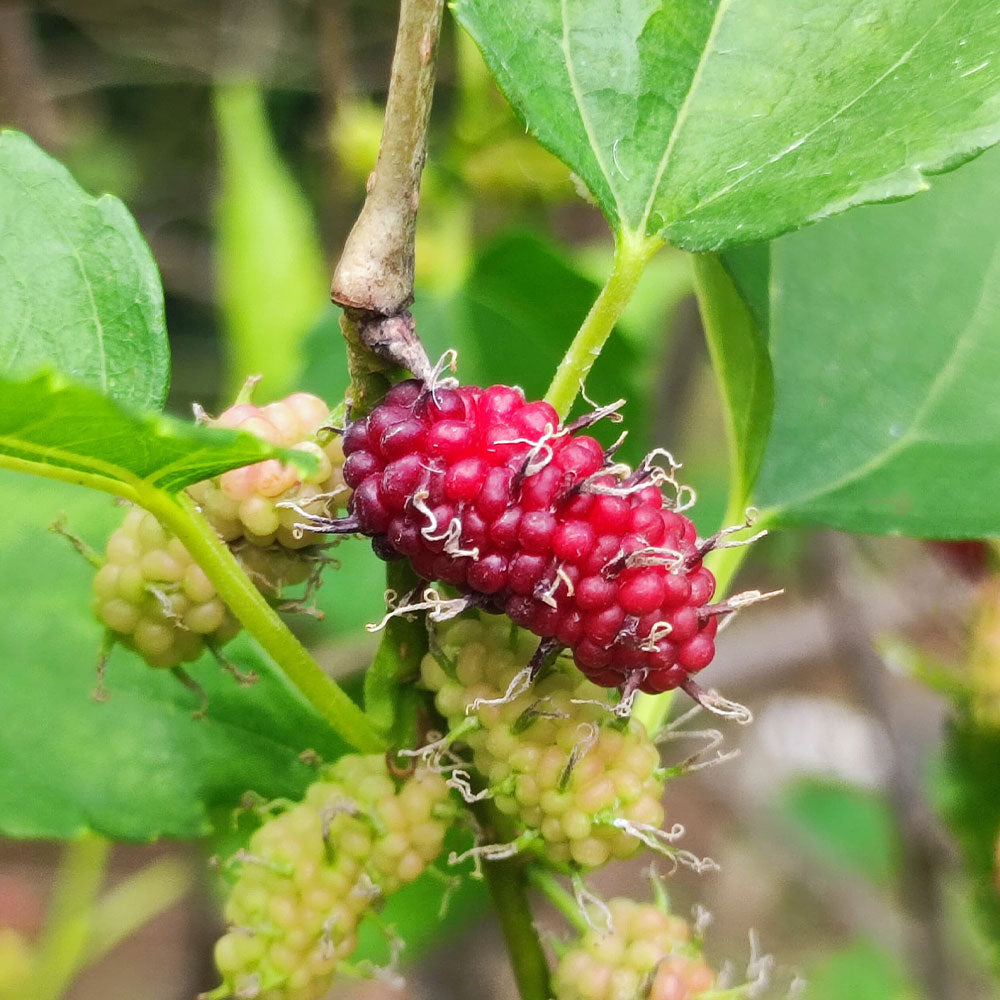
Crop diversification and rotation are central to building a resilient, productive, and sustainable agricultural system. By cultivating a variety of exotic fruit plants not typically found in this region—such as Avocado, Sweet Orange, Apricot, Lychee, Dragon Fruit, and Rambutan—Athachi Farms expands its biodiversity and market offerings while enriching the landscape. In addition, 12 varieties of mango are grown, including Alphonso, Thottapuri, Sindooram, Banganapally, Kesar, and Malgova, enhancing the farm’s diversity and overall productivity.
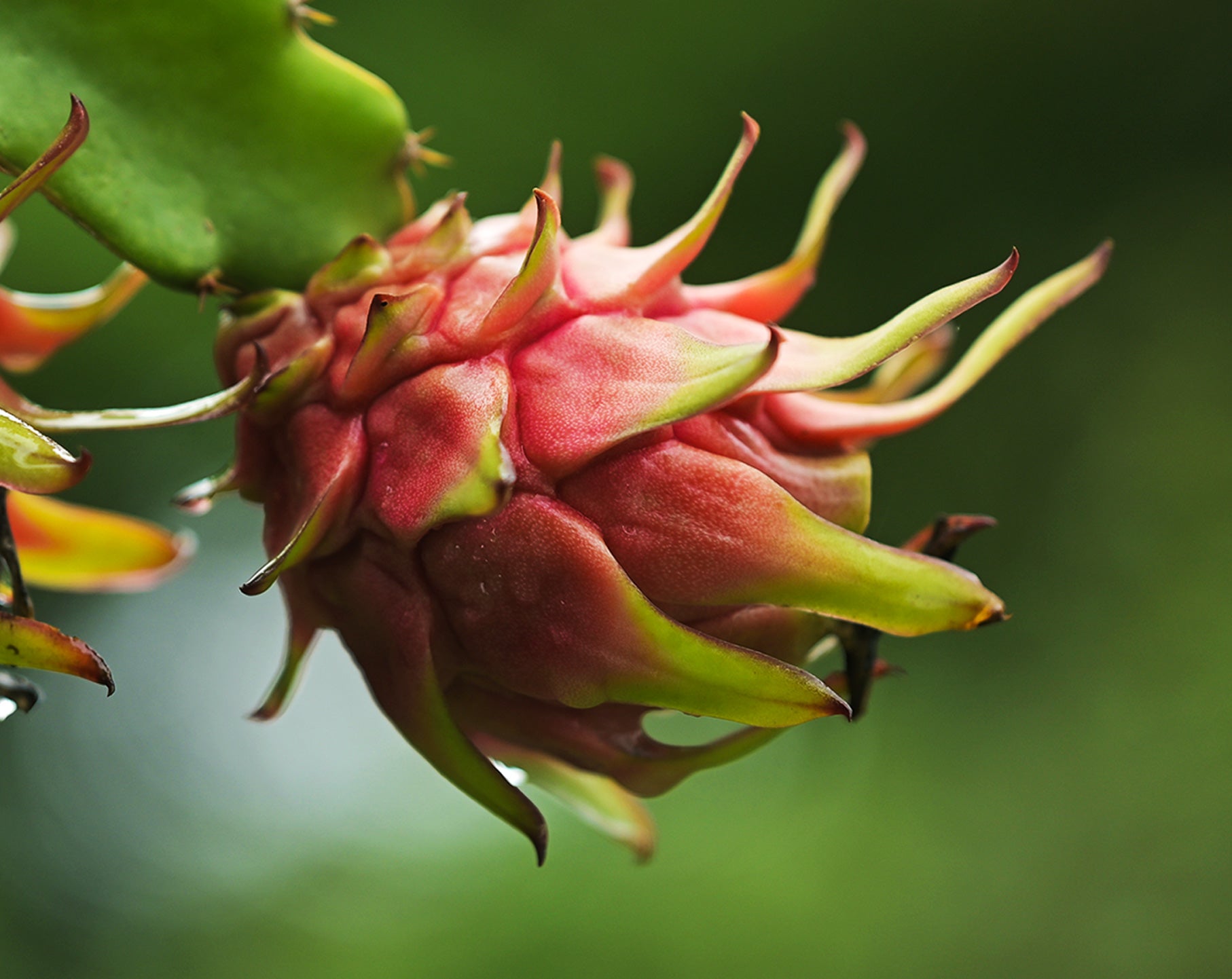
Biodynamic farming builds on traditional knowledge, harnessing the life-sustaining energies of the five elements—Earth, Water, Air, Fire, and Space—to enrich soil and cultivate a resilient environment. It treats the farm as an integrated whole where plants, animals, and natural processes work in concert to maintain health and productivity. Guided by lunar cycles and seasonal rhythms, biodynamic methods enhance soil vitality without resorting to synthetic inputs.
Athachi Farms embodies a holistic approach to farming, blending plant and animal life to foster a healthy ecosystem and self-sufficiency. Through agroforestry, crop rotation, and polyculture, the farm nurtures the soil, controls pests naturally, and supports biodiversity. Wildlife corridors and hedgerows further enrich the land, creating safe passages and fostering a dynamic ecosystem. Integrated pest management replaces chemical interventions with thoughtful, natural solutions.

Native cattle farming relies on locally adapted breeds that are well-suited to regional conditions, providing milk, draught power, and natural manure while maintaining ecological balance. These breeds require fewer external inputs and help integrate livestock into farming systems sustainably. At Athachi Farms, hardy native breeds such as Vechur, Kasargod, Kasargod Kullen, Kangeyam, and Gir supply nutritious A2 milk while reducing dependence on machinery through their draught strength. Their manure enriches the soil organically, supporting a closed-loop system that maintains fertility and nurtures a self-sustaining farm ecosystem.
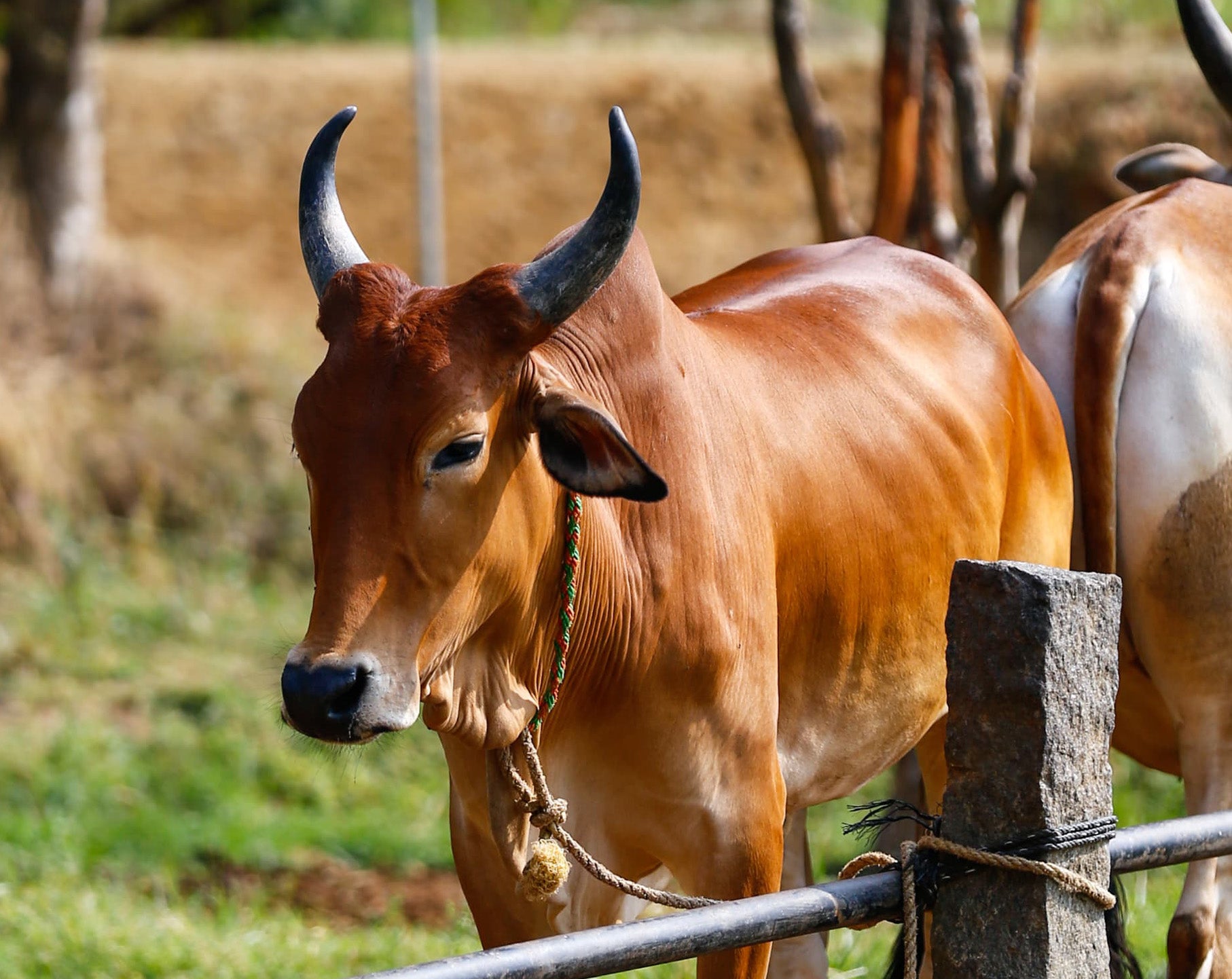
Shelterbelt farming involves planting rows of trees or shrubs to act as natural windbreaks, protecting crops from wind damage, reducing erosion, and moderating the farm’s microclimate. These living barriers help create conditions more favorable to crop growth while preserving soil health. Rows of Casuarina trees are strategically planted to serve as windbreaks and shade providers, safeguarding crops from harsh winds and intense sunlight. This approach reduces soil erosion, helps retain moisture, and supports healthy, resilient crop growth across the landscape.

Soil conservation farming focuses on preventing erosion, maintaining fertility, and protecting land from degradation through natural, sustainable practices. At Athachi Farms, Vetiver grass is strategically planted as a natural defense against erosion, with its dense root system anchoring soil firmly during heavy rains to prevent the loss of fertile topsoil, reduce runoff, and aid moisture retention. Mulching is another cornerstone of soil health here: by covering the ground with organic materials such as dried leaves, straw, and husks, the farm retains moisture, suppresses weed growth, and enriches the soil over time. This natural cover protects against erosion, preserves soil integrity, and creates an optimal environment for crops to thrive.
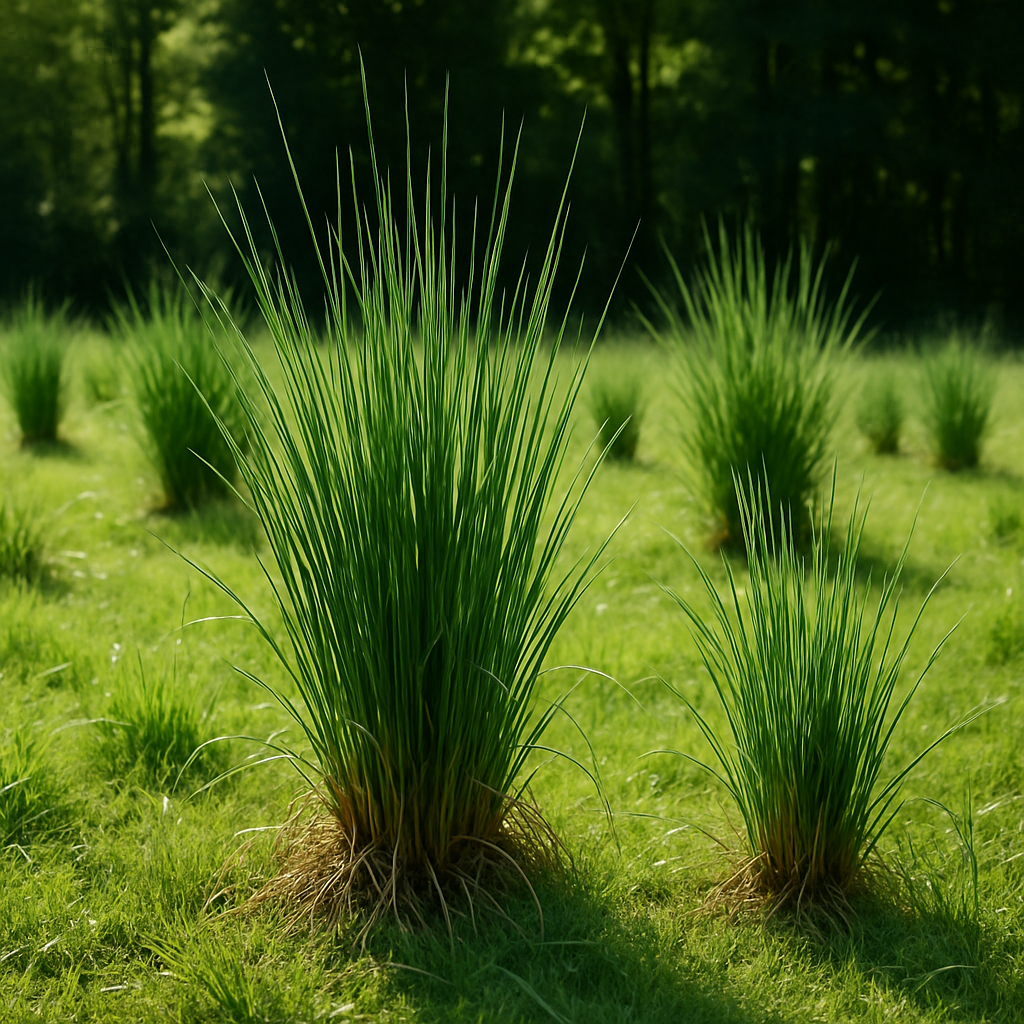
Athachi Farms celebrates India’s rich agricultural heritage by cultivating an exceptional diversity of native and heirloom rice varieties, preserving traditional knowledge while supporting sustainable farming. Among these, Njavara stands out as a medicinal rice valued for its ability to ease neurological and musculoskeletal conditions, including arthritis, by reducing inflammation and strengthening muscles. Rakthasali, with its striking crimson hue, is renowned for its high iron content, acting as a natural red blood cell booster and blood purifier, traditionally prepared with fenugreek, salt, and sugar to enhance lactation in nursing mothers. Aghoni Bora, the “magic rice” of Assam, is a culinary marvel that becomes ready to eat with just soaking in water, offering digestive support, antioxidant benefits, sustained energy, and aid in weight management. Black Joha, or the “King’s Grain,” is a rare variety rich in anthocyanins, antioxidants, and anti-inflammatory compounds, showcasing the farm’s commitment to nutrition and heritage preservation. Other native varieties include White Joha, Ramli (native to Punjab), Jagannath (from Orissa), and Mapla, as well as Samba, Shiva Samba, Kattuyanam, and Karuppu Kavuni from Tamil Nadu. To further support soil health and yields, Sesbania is cultivated before the rice crop, naturally enriching the soil through enhanced nitrification and and improving crop performance.
